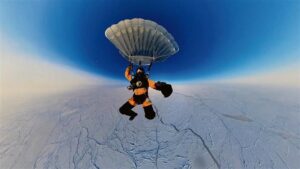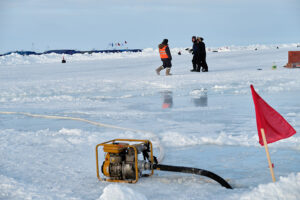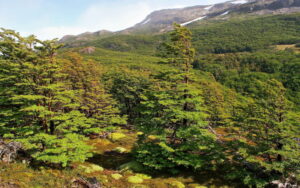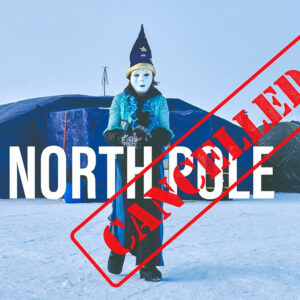Every summer, a half dozen cruise ships and a few small yachts traverse Canada’s Northwest Passage, but not this year. Because of COVID, foreign pleasure craft are barred from entering Canadian arctic waters, in order to keep the tiny northern hamlets virus-free. The territory of Nunavut remains mostly closed to southerners, except essential workers.
But last week, an observer in Cambridge Bay, at the western end of the Passage, spotted a yacht offshore, which was later identified as the Kiwi Roa, piloted by 72-year-old New Zealander Peter Smith.
In spring, Smith tried to get permission to sail the Passage. In late July, he learned that his request was refused. He decided to ignore it and proceed east from Alaska anyway.
“I am 72 [years] old with a history of lung problems,” he wrote in response to a journalist’s email. “I am much more at risk from the villages than they are from me.”
The issue is less about the rules and the dangers that a solo sailor, isolated on his yacht, might spread the novel coronoavirus than it is about ignoring the wishes of the local communities. “I am not a tourist,” he says, presumably to explain why the ban on pleasure craft should not apply to him.
Most Northwest Passage sailors respect the arctic environment, but a few have flaunted a sense of privilege and more ego than good taste. Some erected plaques to their own journeys at historic sites like Beechey Island, where three of Sir John Franklin’s men perished in 1846. Another hovered his drone two metres over the head of a polar bear for better footage, which disturbed the animal and violated territorial wildlife laws.
Smith says that he is on track to set a record for the fastest transit of the Northwest Passage with no fuel stops, having sailed “90 percent of the way.”






